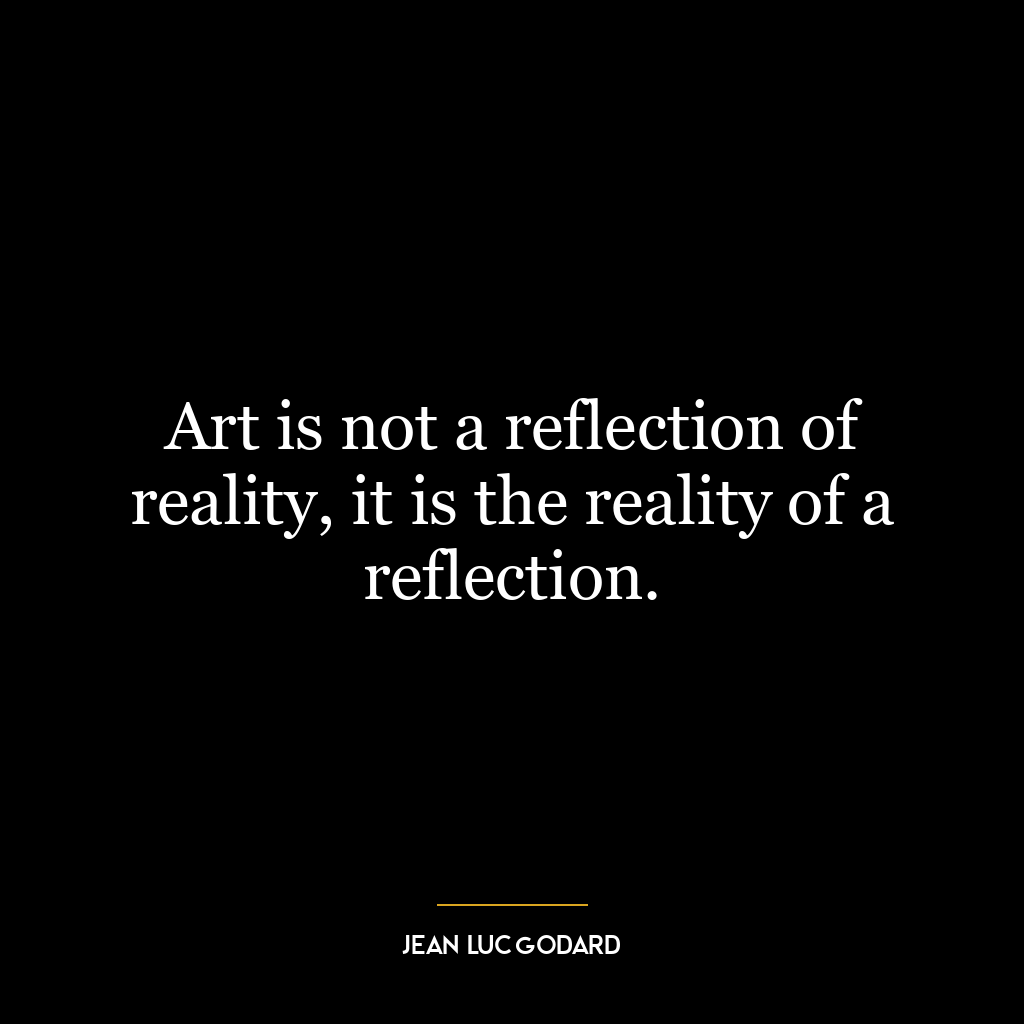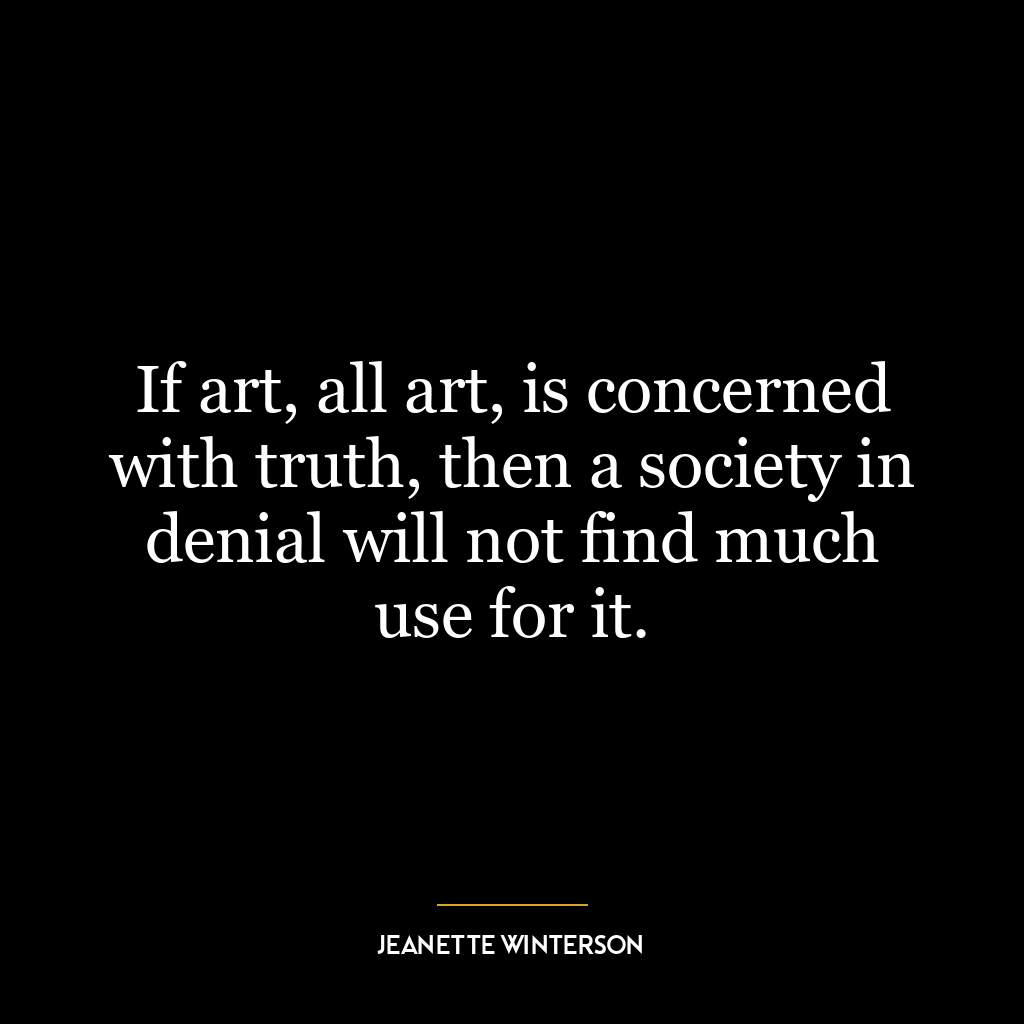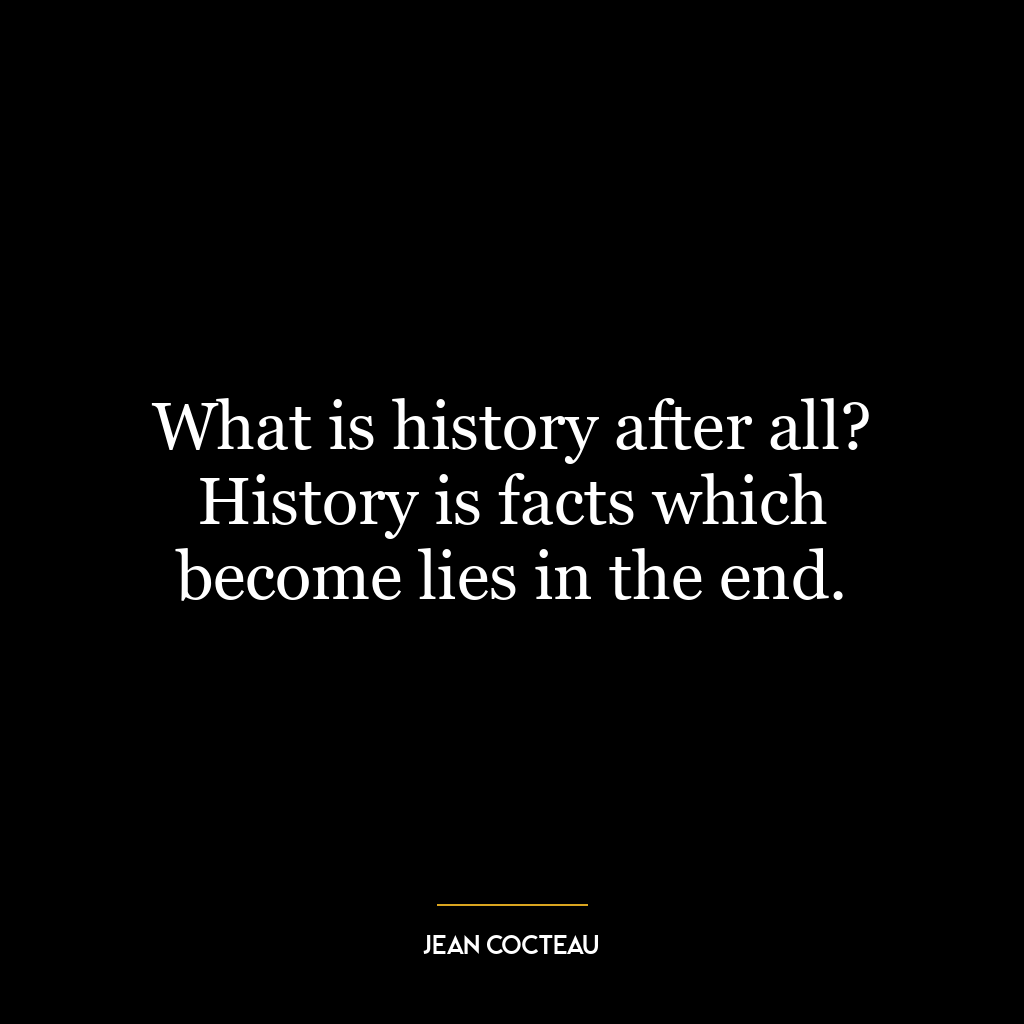“History should be written as philosophy” suggests that the recording and interpretation of historical events should not be a mere factual recounting of events, but rather, it should be a profound, thoughtful exploration of their deeper meanings, causes, and effects.
In essence, this quote implies that history should not be viewed as a series of isolated events, but instead, it should be analyzed and understood in a broader context. This means considering the underlying motivations, societal structures, cultural norms, and philosophical beliefs that shape these events. It’s about seeking to understand the ‘why’ behind the ‘what’ – why things happened the way they did, why people acted the way they did, and what it all means in the grand scheme of things.
For instance, writing the history of a war shouldn’t just involve listing dates, battles, and outcomes. It should delve into the ideologies, economic conditions, and power dynamics that led to the conflict, explore the human experiences during the war, and examine the war’s long-term impacts on society and the world.
Applying this idea to today’s world, it encourages us to look beyond the surface of current events and news headlines. It invites us to critically analyze the deeper issues, systems, and structures at play, and to understand how past events and decisions have shaped the present. It also reminds us that our actions today are making tomorrow’s history, urging us to act with thoughtfulness and foresight.
In terms of personal development, this perspective can be transformative. It means reflecting on our own personal history as a form of philosophy. Rather than just seeing our past as a series of events that happened to us, we can view it as a rich source of wisdom and insights. We can analyze our past decisions, actions, and experiences, understand the beliefs and values that guided them, and learn valuable lessons that can help us grow and make better decisions in the future.












